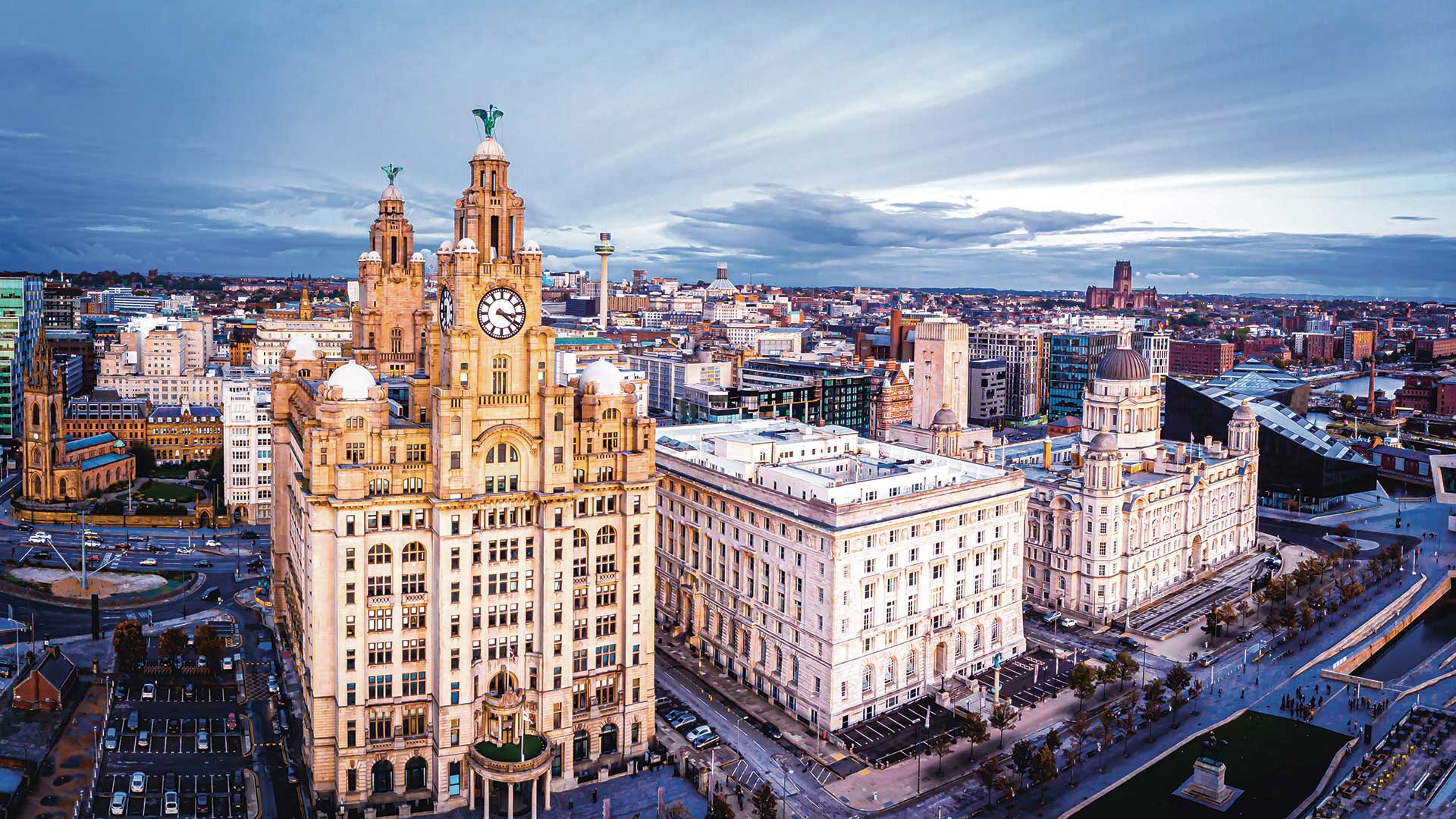It was a bit like the very early days for me when I got off the train at Lime Street in the centre of Liverpool last week.
In the old days, in the early 1970s, I would be traipsing around to shops selling posters that I had produced, trying to make a living while avoiding the police who wanted me to help them with their enquiries. That was always the euphemism for being chased by coppers for wrongdoings. But my visit to Liverpool this time was not to sell product but to give product away – my mini manifesto to Labour delegates at their party conference.
I had arranged my travel so that I would arrive with at least two hours to spend at the wonderful Walker Art Gallery, a two-minute walk from the station. I do not know another city in the UK where, arriving at the principal railway station, you fall so soon into such Victorian grandeur. Roman and Greek imitations, big, beefy and overwhelming, await as if to prove that Liverpool is more than a seaport of note.
Get the latest news and insight into how the Big Issue magazine is made by signing up for the Inside Big Issue newsletter
But still, a slave city in that it made much of its money from the trade in human labour, or in the products that came from it. The Beatles songs have been pored over for their connection to slave owners or exploiters – I think it’s Penny Lane and Strawberry Fields that are purported to be the names of properties owned by slave owners. Whatever, the grandeur is eerie because of this connection.
The last time I was in Liverpool was to give the annual Roscoe Lecture, named after a man who devoted his life to doing his best in the late 18th and early 19th centuries to destroy the slave trade. I had been asked to talk by David Alton, Lord Alton, one of my referees when I applied to join the House of Lords, and an inveterate campaigner for human rights. This year marks the 20th anniversary of the first Roscoe Lecture and I hope to return to celebrate this seminal event.








